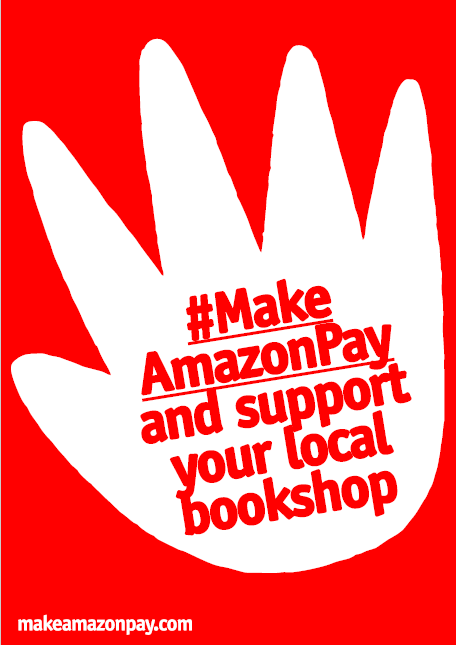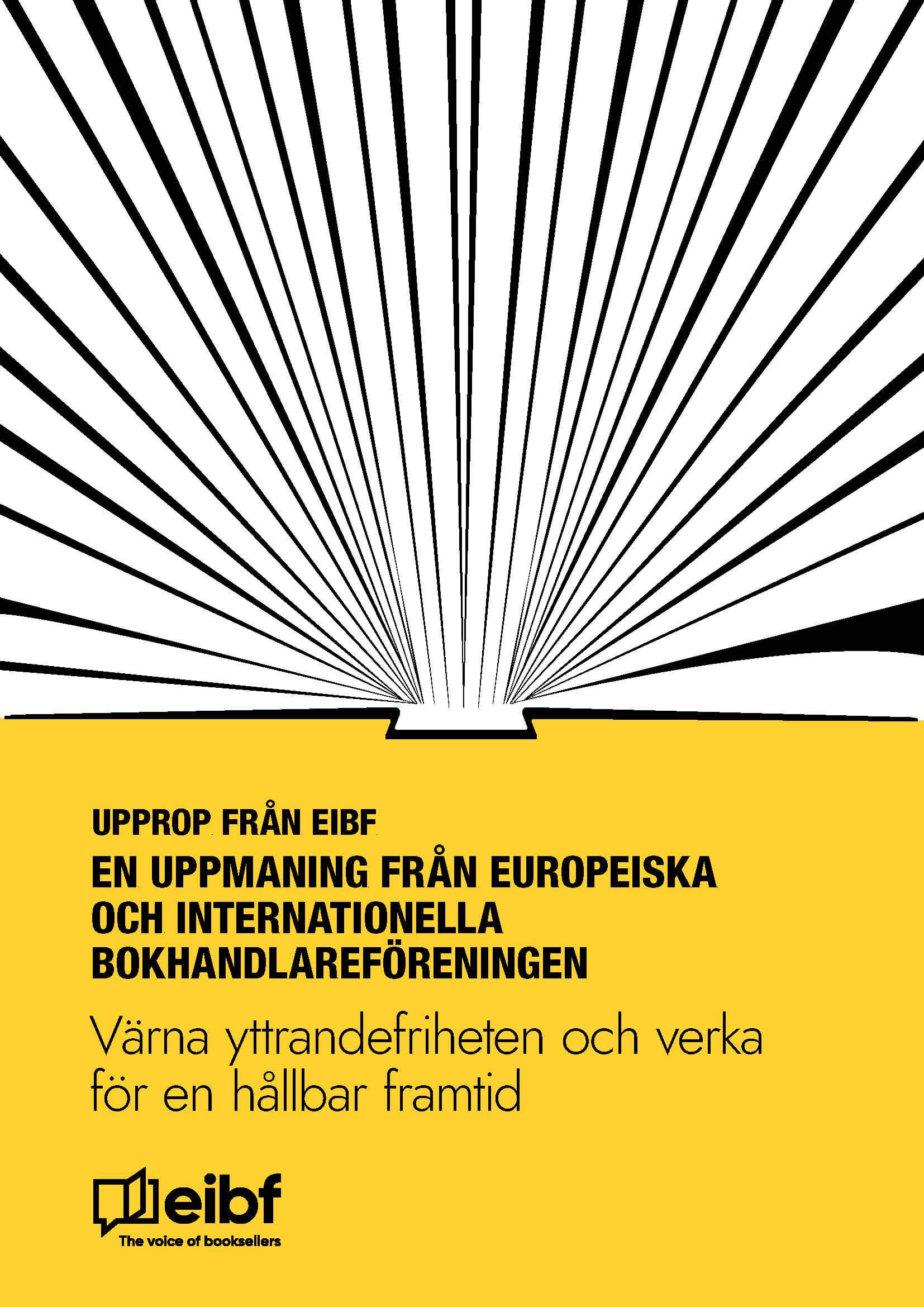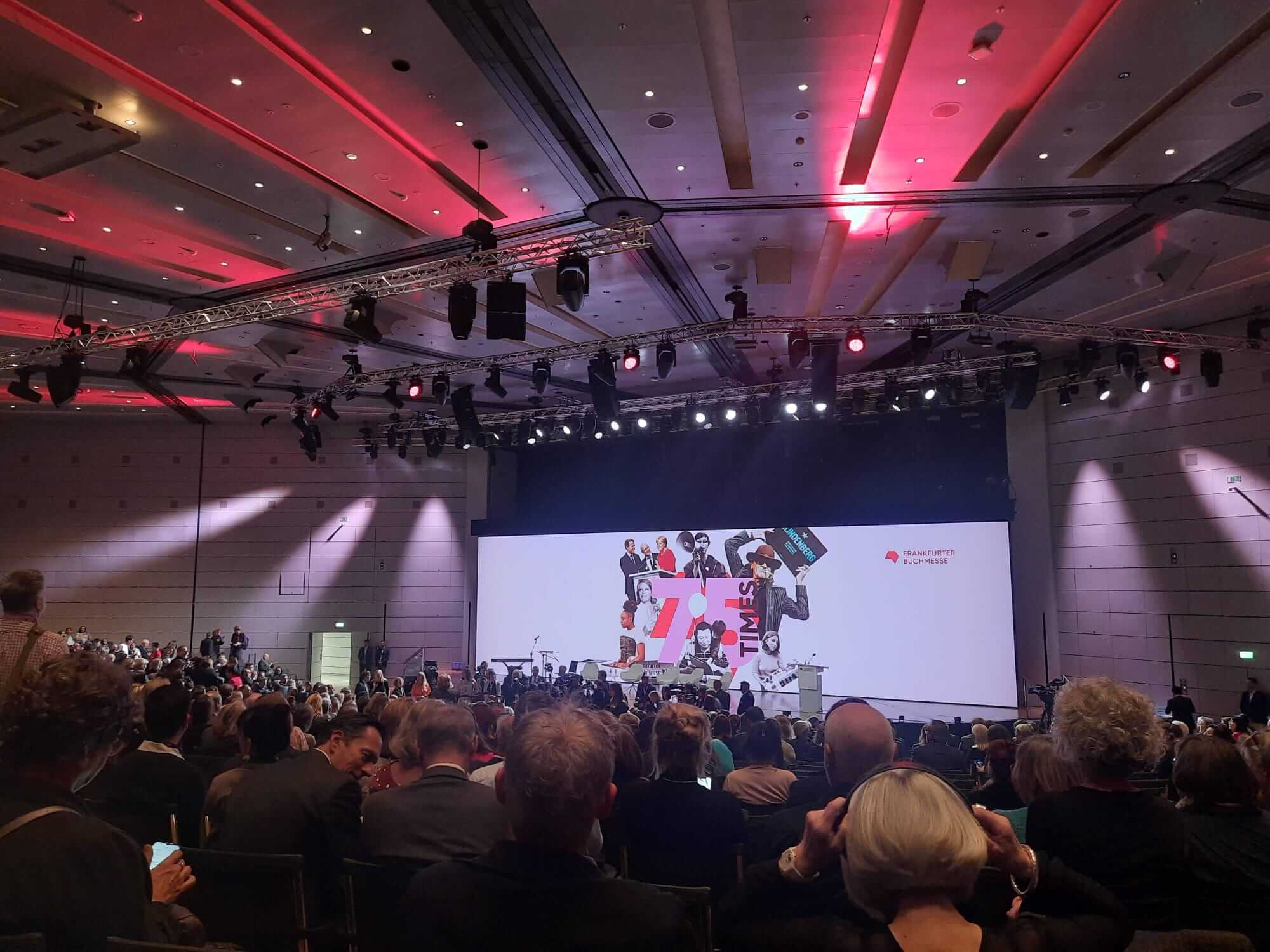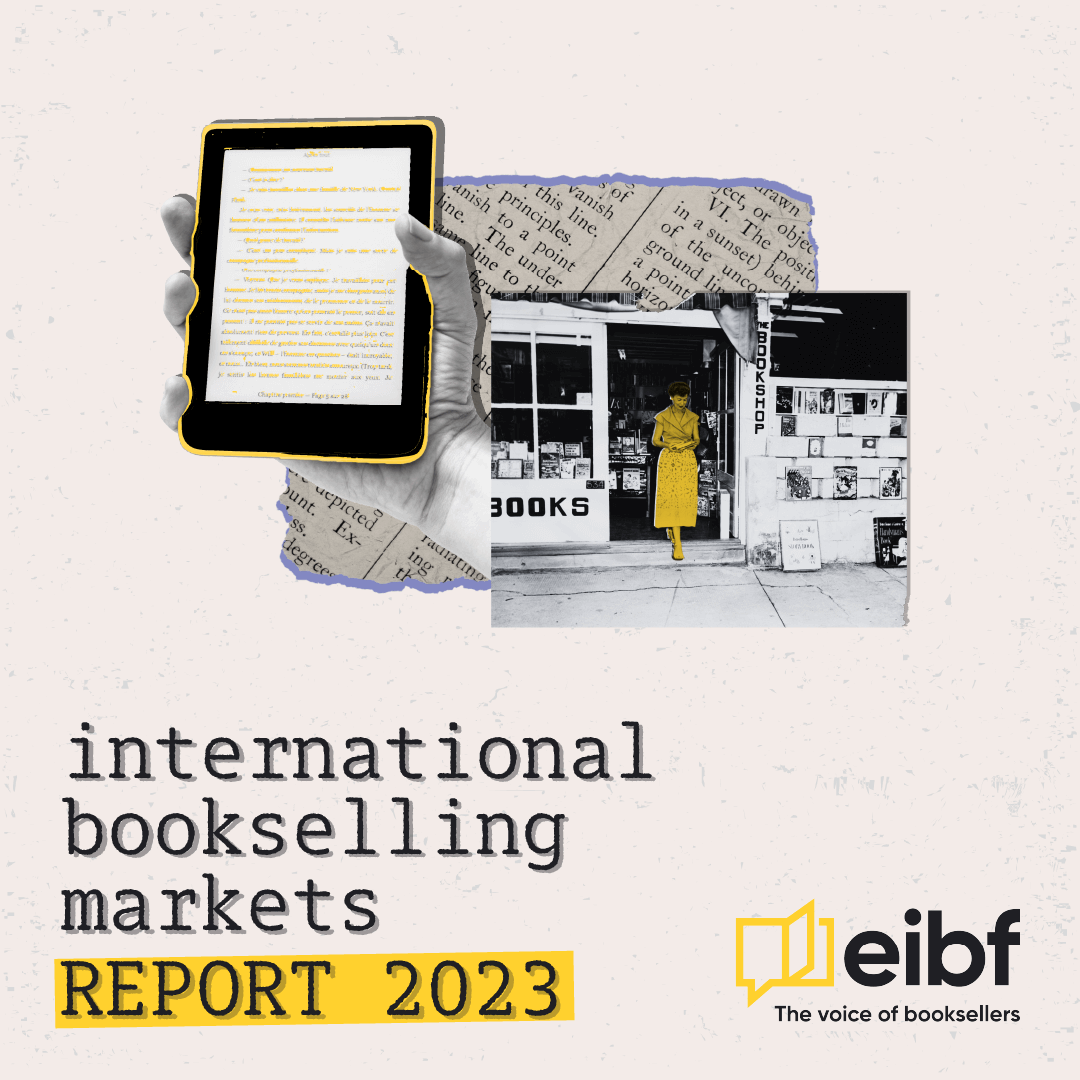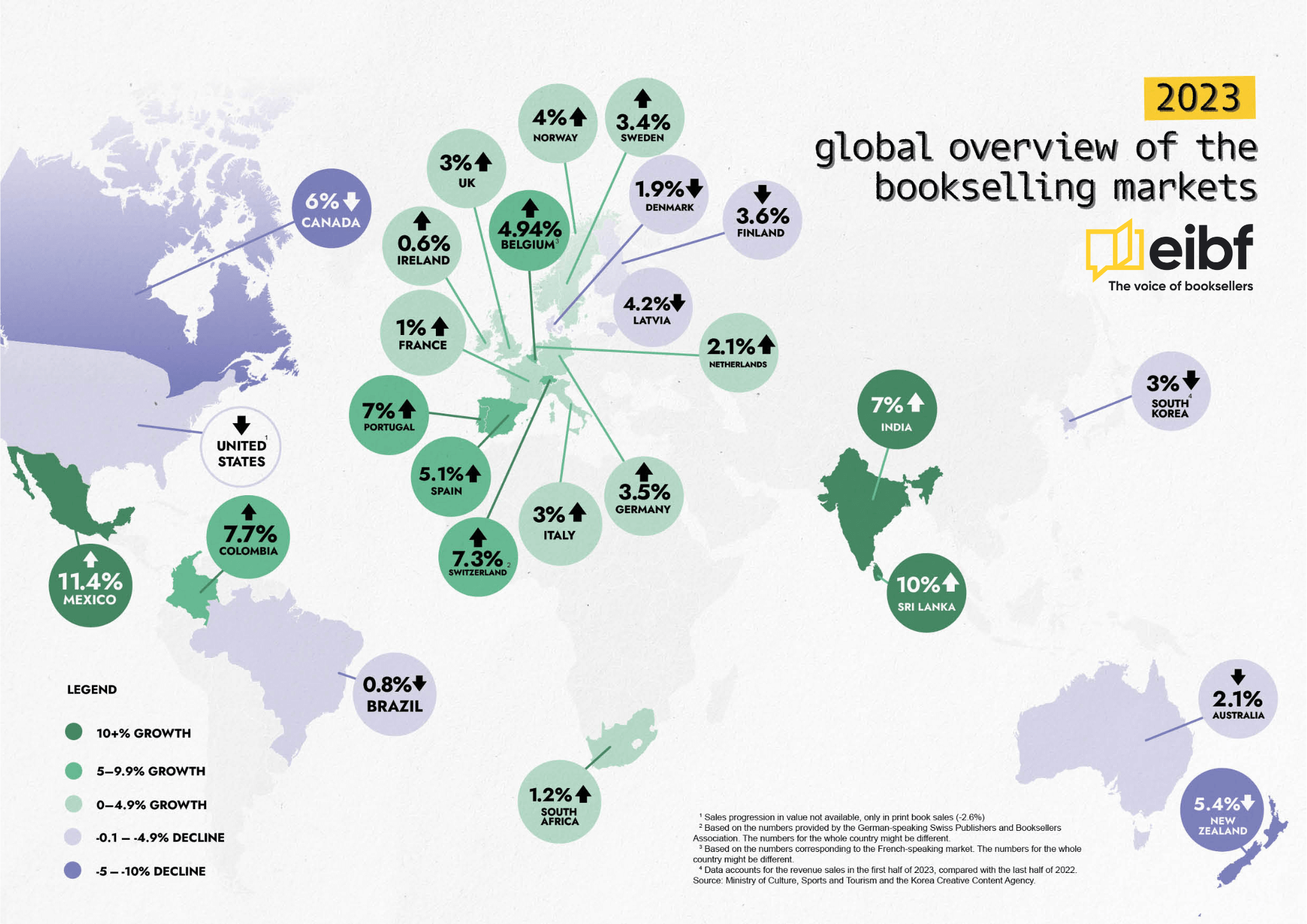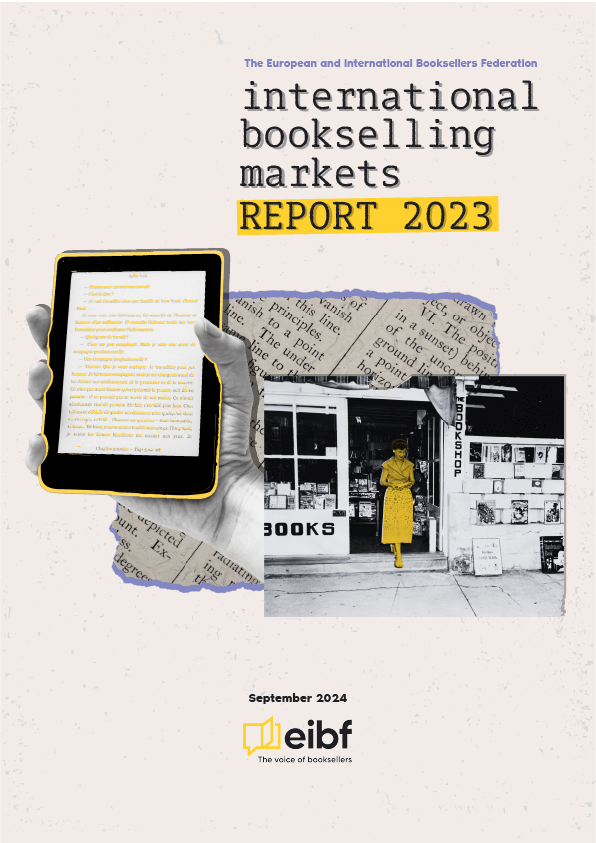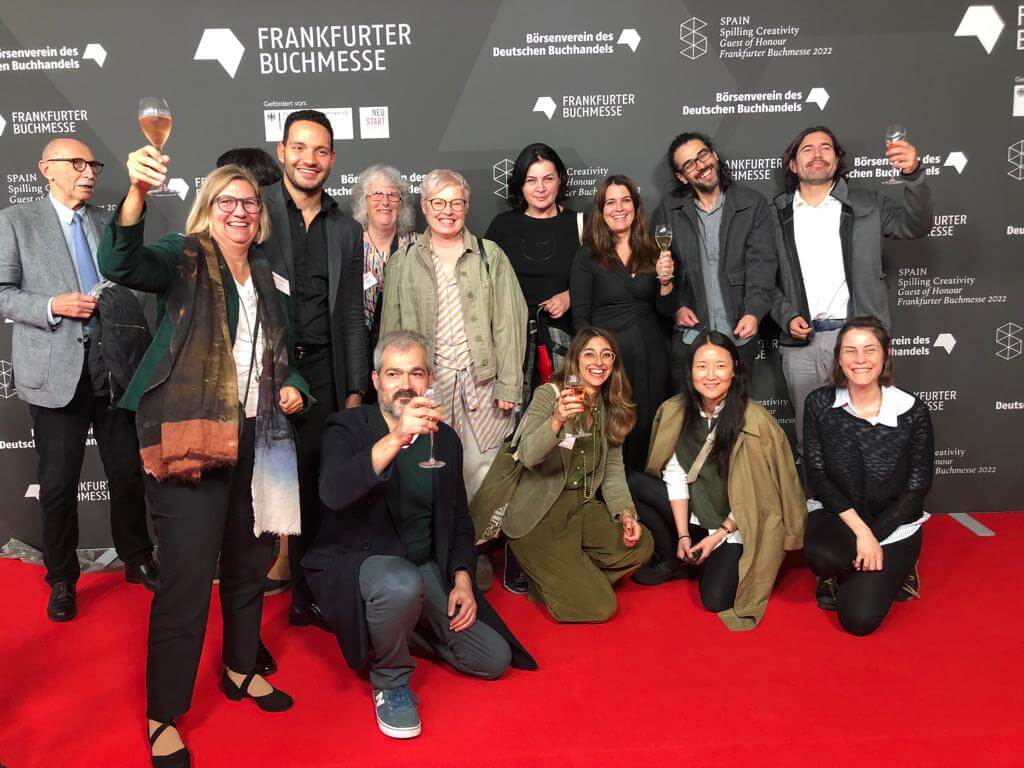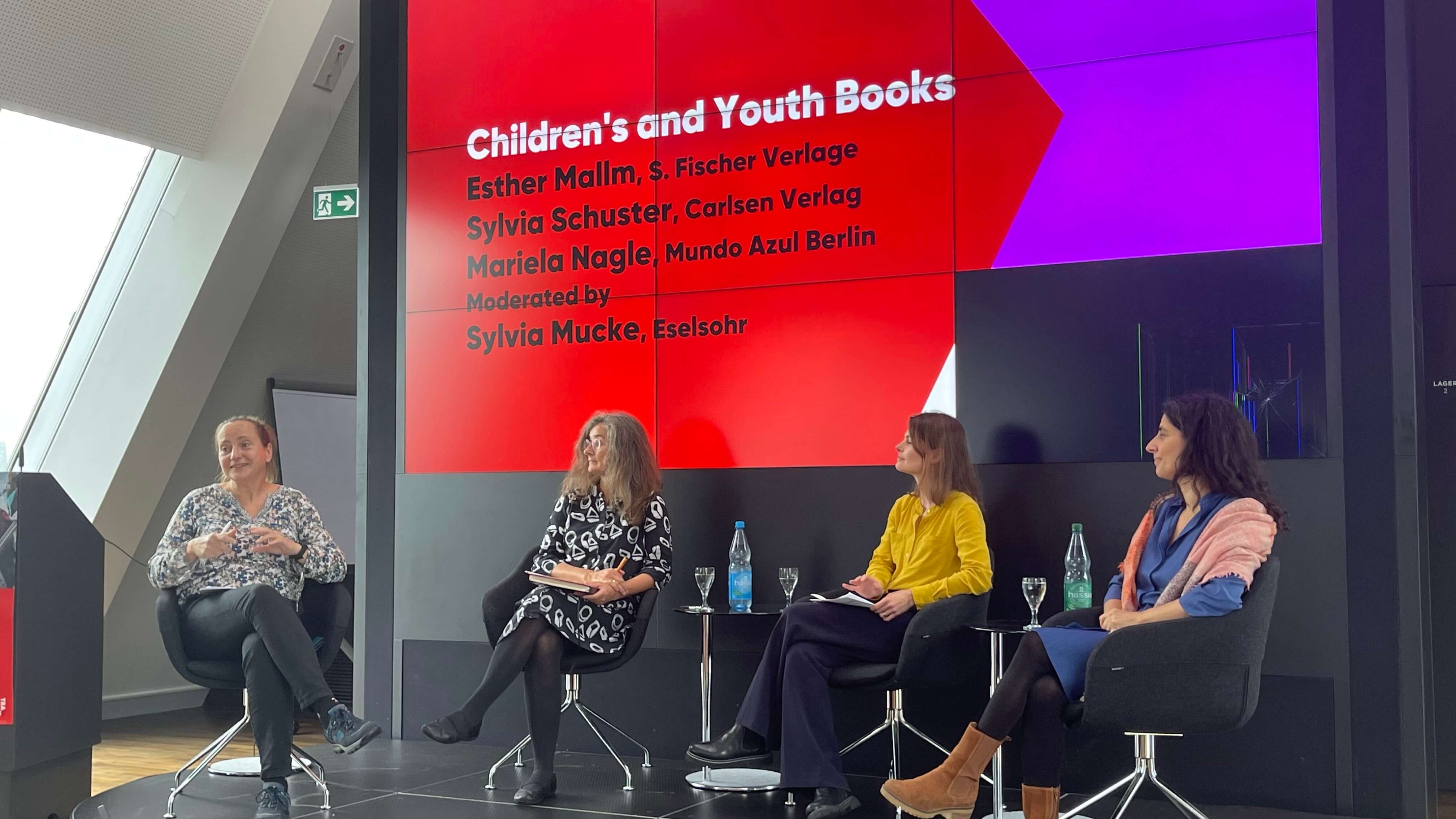Indies ‘delighted’ by Chancellor’s business rate cut, as BA calls for more reductions

Indie booksellers have said they are “delighted” by the Budget cut to small retailer business rates, telling The Bookseller it will be “a great help”. The Booksellers Association has welcomed the move, but said that the burden on larger shops urgently needs reducing as well.
In the latest Budget, delivered on Monday (29th October), the Chancellor Philip Hammond confirmed a tax cut to business rates of one third for all retailers in England with a rateable value of £51,000 or less. The measure will last for the next two years, until the next re-evaluation of rateable values in 2021.
Hammond told the House of Commons that the measure would see the business rates of affected retailers down a one third, “up to £8,000 for up to 90% of all independent shops, pubs, restaurants and cafes.” He said our high street “lies at the heart of many communities and is under pressure as never before”, although it also faces “irreversible change.”
Meanwhile as expected the Chancellor put a timetable in place for the introduction of a UK digital services tax aimed at big technology companies with profitable businesses in the UK – April 2020. He said the tax would raise over £400m a year, saying : “It is only right that these global giants with profitable businesses in the UK pay their fair share of tax.”If a global agreement to tackle the issue is made ahead of 2020, the UK will join in that instead, he added.
But Hammond made no mention of removing VAT from digital publications, a step urged on him by the Publishers Association and the Professional Publishers Association in the run-up to the Budget.
Tim Godfray, executive chairman of the BA, commented: “We are very pleased that following the representations made by The Booksellers Association and others, many of our smaller booksellers could well see a reduction in their business rates. We wrote literally thousands of letters to those we thought could influence the outcome and met Ministers to put forward our views. We are grateful to all of our members who made their own representations to their MP/MSP/AM/MLA, and also to Baroness Rebuck and Lord Bird in particular, who lobbied extensively in the House of Lords to secure an improvement for booksellers”.
BA m.d. Meryl Halls added: “Mr Hammond did say in his Statement that he believed this development would benefit 90% of independent companies, cutting the rates’ bill potentially by as much as £8,000. Where these powers are devolved, in Scotland and Wales, we very much hope the devolved parliaments will follow suit.” However, she warned that the business rate cut did not include all high street retailers, saying: “Our larger shops are still hammered by this iniquitous Business Rates’ system, and the Government needs also as a matter of urgency to reduce their burden as well. Those bookshops over the £51,000 threshold will consider it arbitrary and unfair to be cut off from assistance. The Business Rates’ tax system has to change further: welcome though these interim measures are, it is currently not fit for purpose”.
On the new tax, Halls said: “It is good to see the Chancellor showing support for the High Street by imposing a new Digital Services Tax on the very big technology companies that have a competitive fiscal advantage over physical businesses when paying Business Rates. Amazon has massively distorted our market place, so we will need to read the small print carefully to ascertain how far the playing field might be made more level by this development”.
Giles Clifton, the BA’s head of corporate affairs, added: “As we understand the proposal, the new Digital Services Tax will apply to UK revenues of the big technology companies that have global sales of more than £500m. It is not an online sales tax. The Government hopes to raise some £400m from this measure. We will have to see how our main competitor, Amazon, is affected by this proposal. The devil will be in the detail. Mr Hammond said ideally he would have preferred to secure a global agreement with other tax authorities to create new measures for the tech companies, but he admitted progress is already painfully slow. What is frustrating to us is that this new Digital Services Tax will not kick in until April 2020, giving the tech companies a further period of competitive fiscal advantage”.
Stephen Lotinga, chief executive of the Publishers Association, commented: “The Digital Services Tax is an expected step and it is commendable that the Government is trying to lead the world in holding big tech to account. It will be interesting to see how the implementation plays out.” He added: “The announcement on business rates is also positive and will be a boost for bookshops and for the high street more generally. Of course we’re disappointed not to see an announcement on VAT zero-rating for digital publications in this budget, but we will continue with our Axe the Reading Tax campaign and in pushing the strong case for correcting this unfair and illogical tax.”
Indies responding to the Budget news included Tony West, co-owner of The Alligator’s Mouth bookshop in Richmond, who said of the business rate cut: “It will be a great help. I will be interested to see what happens when it comes through and if it feels noticeable at the end of the business year, but I was impressed with the amount the chancellor has docked.” Meanwhile Judy Brook, owner of Kenilworth Books in Warwickshire, told The Bookseller: “This has got to be a good thing in helping us compete with online sellers and compete with other retailers on the high street. Hopefully we will increase in number, too. I think the number of independent bookshops increased by one last year and hopefully that positive projectory will continue.”
Louise Chadwick, owner of Button and Bear bookshop in Shrewsbury, said: “We are delighted that the budget is recognising the value of the high street and giving some much needed support to businesses. We are still trying to find out the actual details of when and how this funding will be made available to us but a cut of a third off our business rates bill is extremely welcome.”
Among other measures in the budget, the Chancellor also boosted schools budgets by £400m – an average of £10,000 per primary school and, £50,000 per secondary school, to help them buy “that extra bit of kit” that makes the difference. At Drake – The Bookshop in Stockton, owner Richard Drake said: “The ‘extra bit of kit’ for schools – I guess it’s up to us to make that kit books!”
The Chancellor described it as a budget for “strivers, grafters and the carers who are the backbone of our community”, saying: “The era of austerity is finally coming to an end.”
Source: The Bookseller, published October 29, 2018 by Bookseller news team


